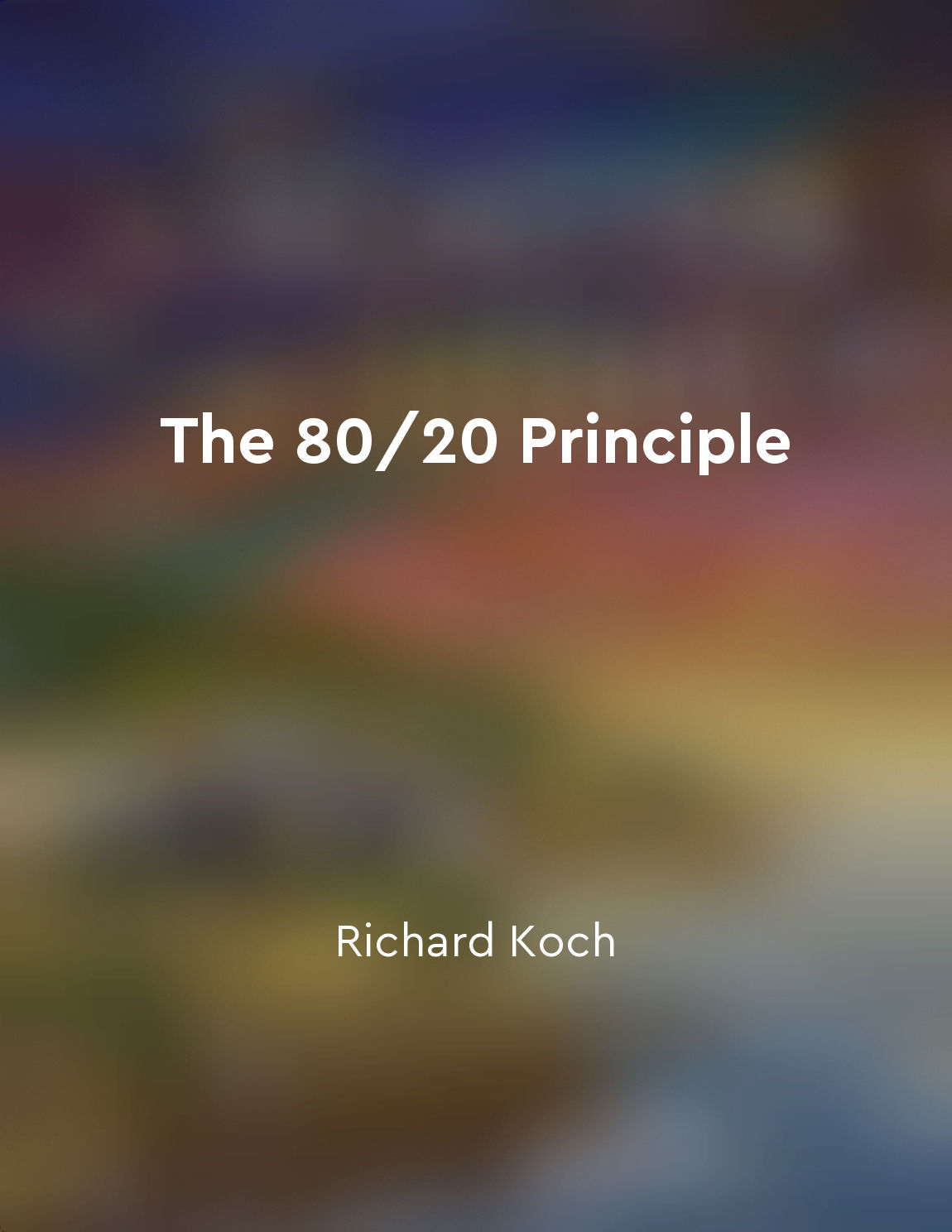Continuous evaluation and adaptation are necessary from "summary" of Economic Development by Michael P. Todaro,Stephen C. Smith
In the process of economic development, it is essential to constantly evaluate and adapt strategies and policies to address changing circumstances and overcome obstacles. This ongoing evaluation allows policymakers to identify what is working well and what needs improvement, enabling them to make informed decisions about where to allocate resources and how to adjust their approach. By continuously reassessing the effectiveness of development initiatives, policymakers can ensure that they are making the most of the resources at their disposal and maximizing the impact of their efforts. This iterative process of evaluation and adaptation is crucial for addressing the complex and dynamic challenges that countries face on the path to economic development. Moreover, continuous evaluation and adaptation help policymakers to respond quickly to unexpected events or changes in the economic environment. By remaining flexible and open to new information, policymakers can adjust their strategies in real-time to mitigate risks and seize opportunities as they arise. This ability to adapt to changing circumstances is essential for promoting sustainable and inclusive economic development. Furthermore, ongoing evaluation and adaptation can help to build trust and credibility among stakeholders. By demonstrating a commitment to learning from experience and improving outcomes, policymakers can foster greater support for their development initiatives and enhance collaboration with partners and communities. This process of continuous improvement is essential for building momentum and sustaining progress towards economic development goals.- Continuous evaluation and adaptation are not only necessary but also beneficial for achieving successful economic development outcomes. By remaining responsive to changing circumstances, policymakers can strengthen the effectiveness of their initiatives, build resilience in the face of challenges, and foster trust and collaboration among stakeholders. This ongoing process of learning and improvement is essential for driving sustainable and inclusive economic development in the long term.
Similar Posts
The Glorious Revolution in Britain weakened extractive institutions
The Glorious Revolution in Britain, which took place in 1688, played a pivotal role in reshaping the country's political and ec...

The principle can help to simplify decisionmaking processes
The 80/20 Principle can act as a powerful tool for simplifying the decision-making process. By understanding that a small numbe...
Free markets do not lead to efficiency
The idea that free markets automatically lead to efficiency is one of the most fundamental assumptions of capitalist ideology. ...
Rational actors respond to incentives
When individuals make decisions, they weigh the costs and benefits of different alternatives. Rational actors are those who mak...

Externalities impact market outcomes
Externalities refer to the costs or benefits that affect individuals or parties not directly involved in a market transaction. ...
Sound economic policies are important
The role of sound economic policies in fostering economic development cannot be overstated. These policies serve as the foundat...

